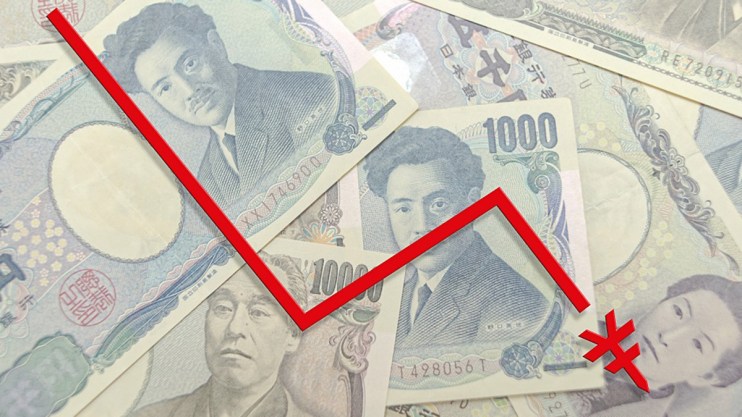All eyes fixed on Japanese yen as authorities threaten intervention

Japan’s major monetary authorities, including the Bank of Japan, the Finance Ministry, and Japan’s Financial Services Agency, convened an emergency meeting on Wednesday to address concerns regarding the yen’s weakening.
They indicated their readiness to intervene in the market to prevent what they described as disorderly and speculative moves in the currency. This action came as the yen fell to a 34-year low against the dollar, prompting heightened urgency to stabilize its value.
Following the meeting, Masato Kanda, a top currency diplomat, stated that they were prepared to take any necessary steps to address disorderly FX movements. He also mentioned that the Bank of Japan would consider responding through monetary policy if currency moves began to affect the economy and price trends.
“Despite the strong warnings, we are still not inclined to believe they would undertake direct intervention at 152.00,” said Saktiandi Supaat, Head of FX research at Maybank.
“If the greenback momentum is strong, it would be difficult to see how a move at that point would be effective. However, we believe that they may come in at 155.00 as that would be the level the Japanese government would be unlikely to tolerate we believe,” he added.
Despite efforts to stabilize the yen, its value remained largely unchanged at 151.30 per dollar, after hitting a low of 151.975 in the previous session. The last time Japanese authorities intervened to support the yen was in 2022, using phrases such as “deeply concerned” and pledging to take “decisive steps” prior to intervention.
In response to the yen’s volatility, Japan’s Nikkei share average experienced a decline of over 1 per cent on Thursday. This drop was attributed to many companies trading ex-dividend, and investors remained cautious amid expectations of potential intervention by local authorities in the currency market.
Meanwhile, at the Bank of Japan’s recent policy meeting, several board members called for a gradual approach to policy normalization following the bank’s first interest rate hike since 2007. One board member emphasized the need for a cautious stance in discontinuing the negative interest rate policy, citing Japan’s economy not being at a stage necessitating rapid policy interest rate hikes.
BoJ Governor Kazuo Ueda reiterated the central bank’s accommodative stance during the meeting, highlighting that inflation expectations have yet to anchor at its 2 per cent target.